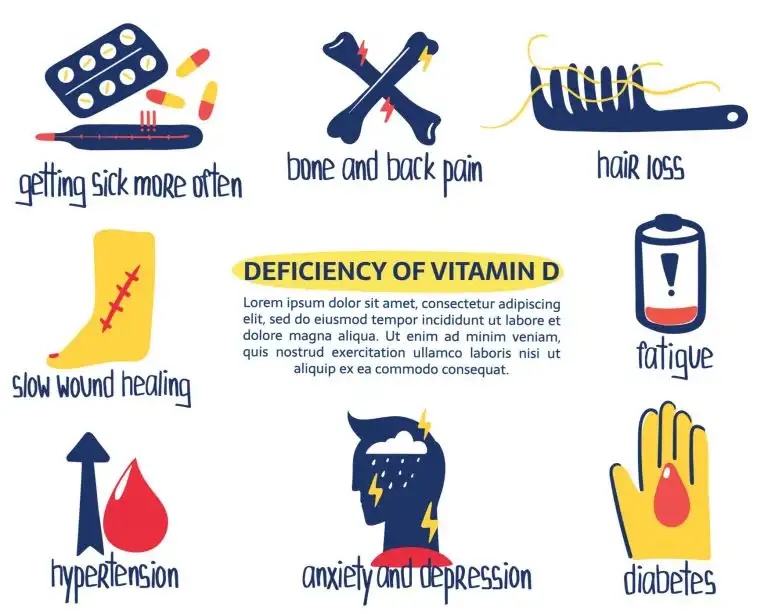“The incidence of coronary artery disease (CAD) is increasing at an alarming rate, especially in developing countries, such as India. It is often advocated that a vegetarian lifestyle could reduce the burden of CAD. However, in spite of a majority of Indians being vegetarians, the incidence of CAD is highest in this population.”
A 32 year was admitted to Wockhardt Hospitals, North Mumbai emergency department. The patient was brought in a gasping state and had a sudden onset of crushing chest pain. Prior to getting admitted to the hospital, he underwent an ECG at a private nursing. His ECG showed that he had undergone a massive heart attack. Whilst getting transferred to the hospital lost his consciousness and was unresponsiveness on few occasions. Urgent PAMI (Primary Angioplasty Myocardial Infarction) was carried out by Dr. Anup Taksande Consultant- Cardiology salvaged this patient with complete neurological recovery.
The emergency medical services at the hospital immediately carried out cardiac emergency procedures to revive the patient. The patient was rushed for a Coronary angiography and stenting. He was discharged on day 4 in a stable condition and was asked to follow life style modifications along with medications.
Coronary artery disease develops when the major blood vessels that supply your heart with blood, oxygen and nutrients (coronary arteries) become damaged or diseased. Cholesterol-containing deposits (plaque) in your arteries and inflammation are usually to blame for coronary artery disease.
Coronary artery disease is thought to begin with damage or injury to the inner layer of a coronary artery, sometimes as early as childhood. The damage may be caused by various factors, including:
- Smoking
- High blood pressure
- High cholesterol
- Diabetes or insulin resistance
- Sedentary lifestyle
- Overweight or obesity.
- Physical inactivity
- High stress.
- Unhealthy diet.
However in this case, none of the above factors were responsible for the heart condition. In fact the patient did not have any underlying heart condition or even family history of the same.
What was identified was that he was a pure vegetarian. Pure vegetarians with Vitamin B12 deficiency are at equal/high risk for premature Acute Coronary deficiency of Vitamin B12 and folate deficiency in turns causes hyperhomocysteinemia. Elevated levels of serum homocysteine are associated with a 20% increased risk of circulatory health problem and heart conditions. High homocysteine levels in the blood can damage the lining of the arteries and can cause blood clots more easily than it should. This can increase the risk of blood vessel blockages and can be factor for heart attacks.
Some Preventive Measures to reduce serum homocysteine would be eating more fruits and vegetables can help lower your homocysteine level. Leafy green vegetables such as spinach are good sources of folate. Increase the amount of vitamin B-6 in and increase the amount of vitamin B12 in your diet.
For further information or treatment please visit our cardiac services at Wockhardt Hospital.
Dr. Anup Taksande M.B.B.S., M.D. (Internal Medicine), D.M. (Cardiology)
Dr Taksande an established cardiologist at Wockhardt hospitals, Mira Road specialising in the field of all domains in interventional cardiology especially in valvular surgery. Dr. Anup completed his D.M. in Cardiology from Lokmanya Tilak Municipal Medical College in Mumbai. To add to his expertise, he has performed several balloon mitral/ pulmonary/ aorta valvotomy surgeries. He has shown clinical excellence in Angiography, Angioplasty, Pacemaker Implantations and Primary Angioplasty in Myocardial Infarction procedures.










